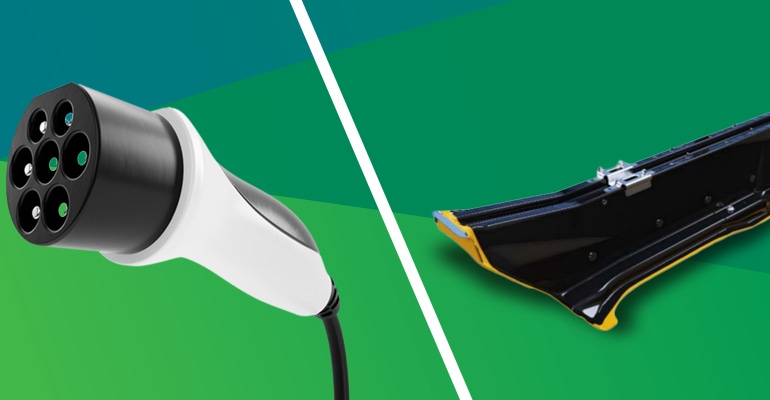DSM Jump Starts Materials Testing for EV Battery Components
Its CTI test laboratory is now equipped to validate tracking resistance to voltages up to 1,500 V AC and 1,000 V DC.
February 15, 2022

DSM’s Engineering Materials business may be up for sale, with one potential purchaser being German materials firm Lanxess in a $3.3 billion deal, according to German press reports. But that's not stopping the Dutch company from investing in infrastructure to address emerging needs for materials testing from electric vehicle (EV) component suppliers and EV OEMs.
Driven by growing consumer demand, regulatory pressure, and technological advances, the transition to electric mobility is accelerating. However, long charging times remain a key barrier to the wider adoption of EVs. Shortening these charging times requires higher battery voltages up to 1,000 V or above. To enable ultra-fast charging at safe, reliable levels, manufacturers will need to use insulation plastics with better resistance to high voltages.
To address this requirement, DSM has expanded its CTI test laboratory with equipment to validate tracking resistance to voltages up to 1,500 V AC and 1,000 V DC. High-voltage component manufacturers have shown significant interest in collaborating with DSM on testing for voltages between 600 and 1,500 V.
Says Franz Janson, an engineer at TE Connectivity, one of the world’s largest connectors manufacturers: “We are very happy to see that DSM is investing in strong materials as well as the right test laboratory. We look forward to cooperating more closely to understand the impact of high-voltage exposure on material properties and to implement suitable materials for our next-generation high-voltage systems.”
You May Also Like


